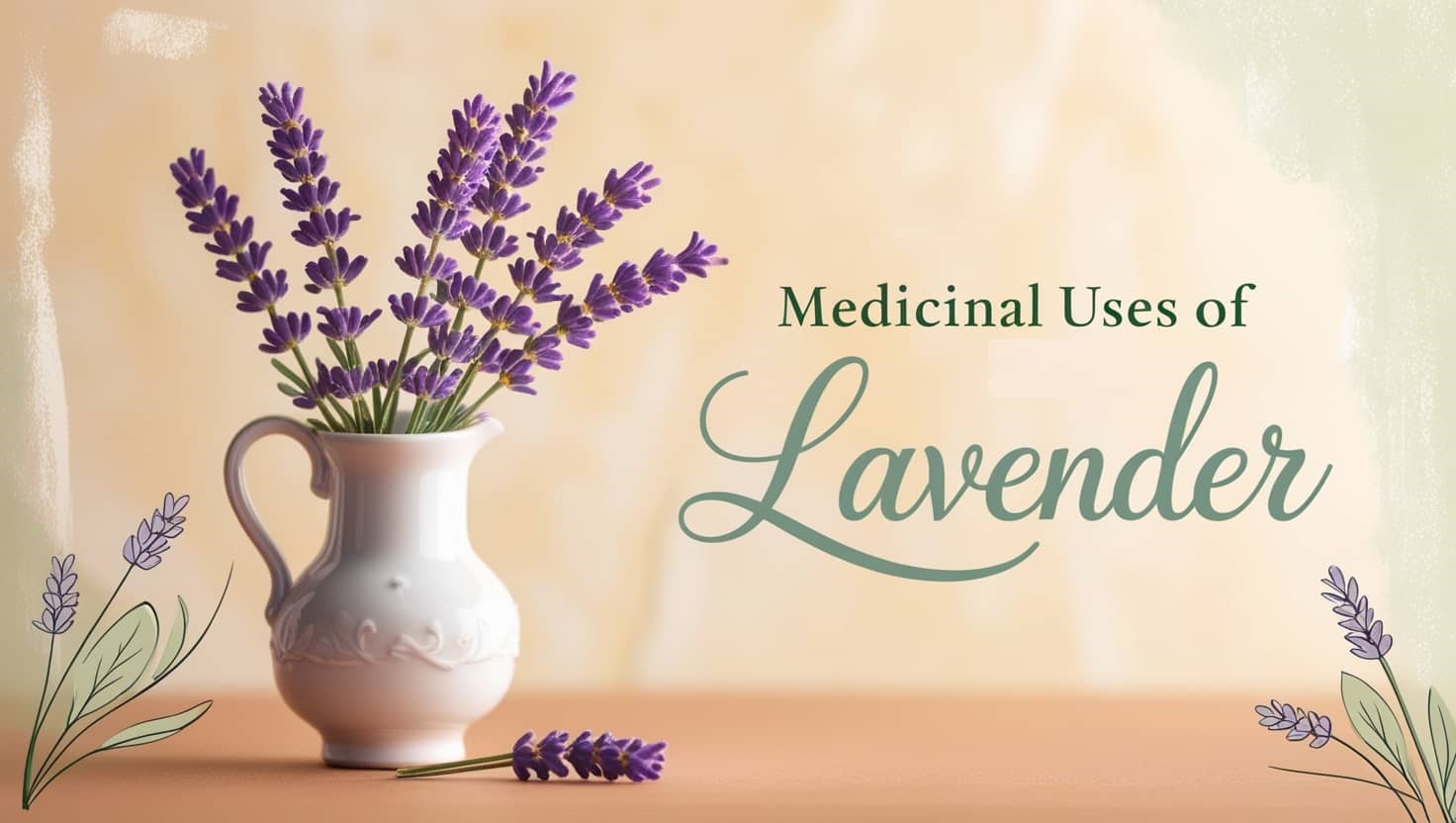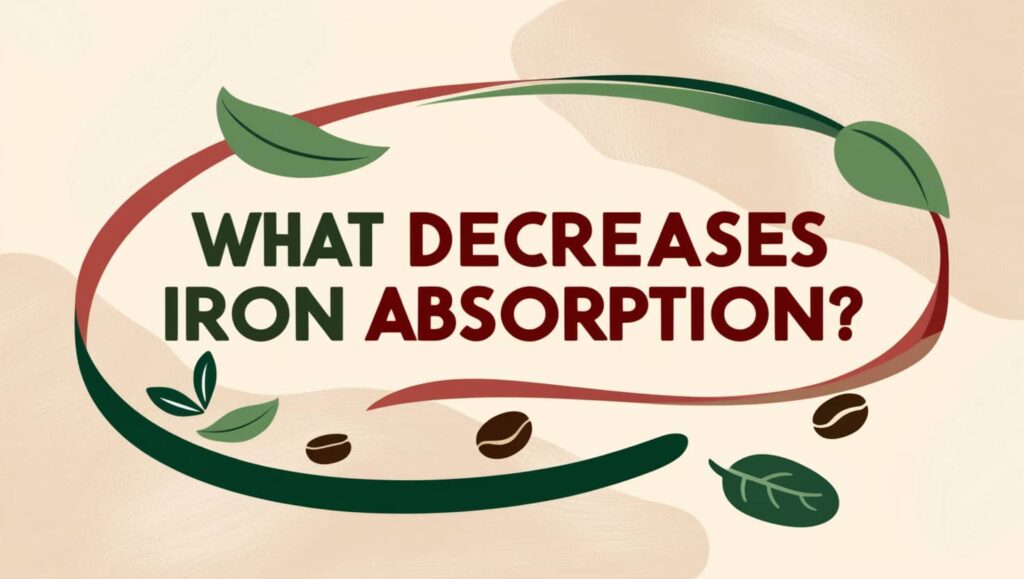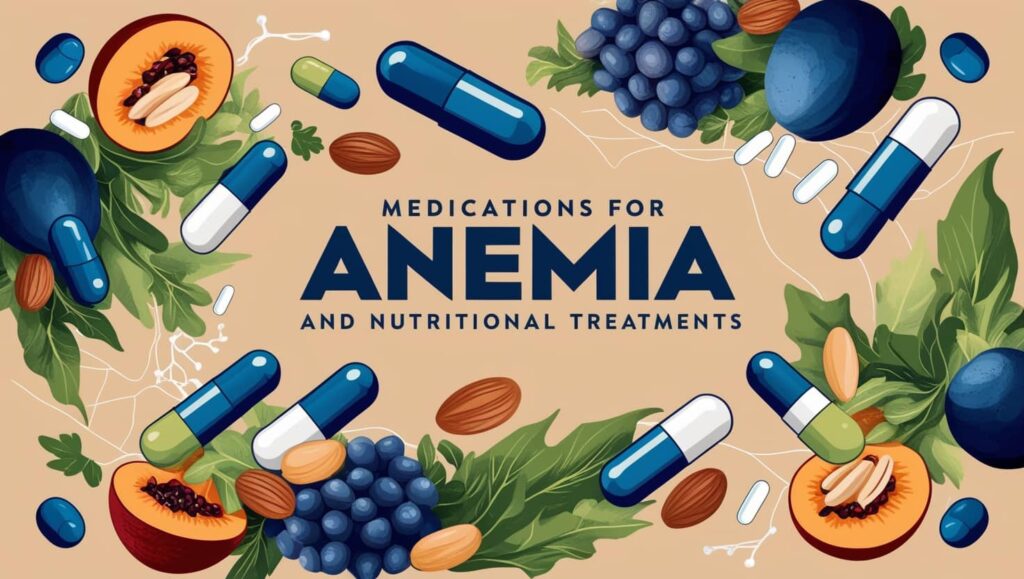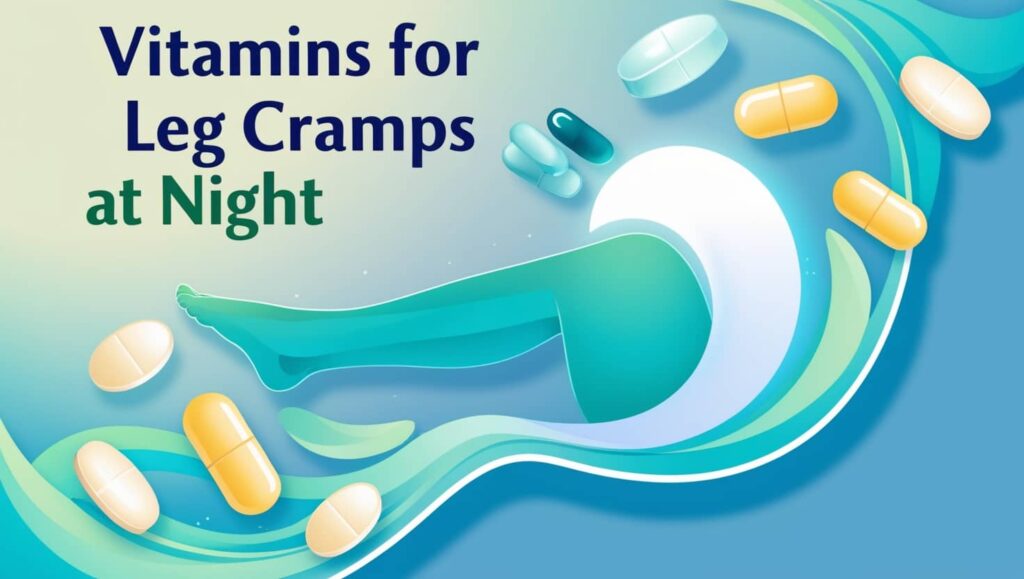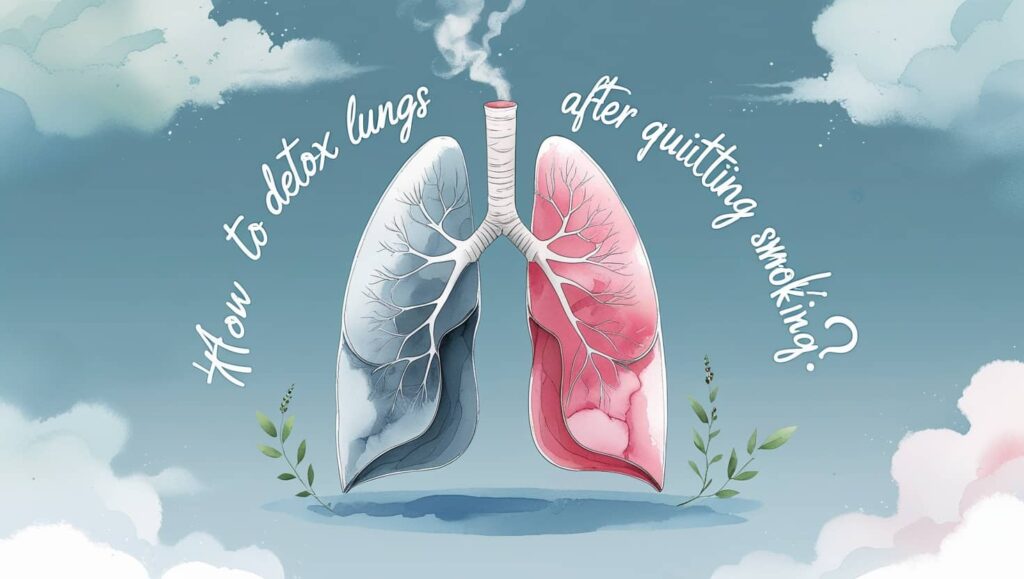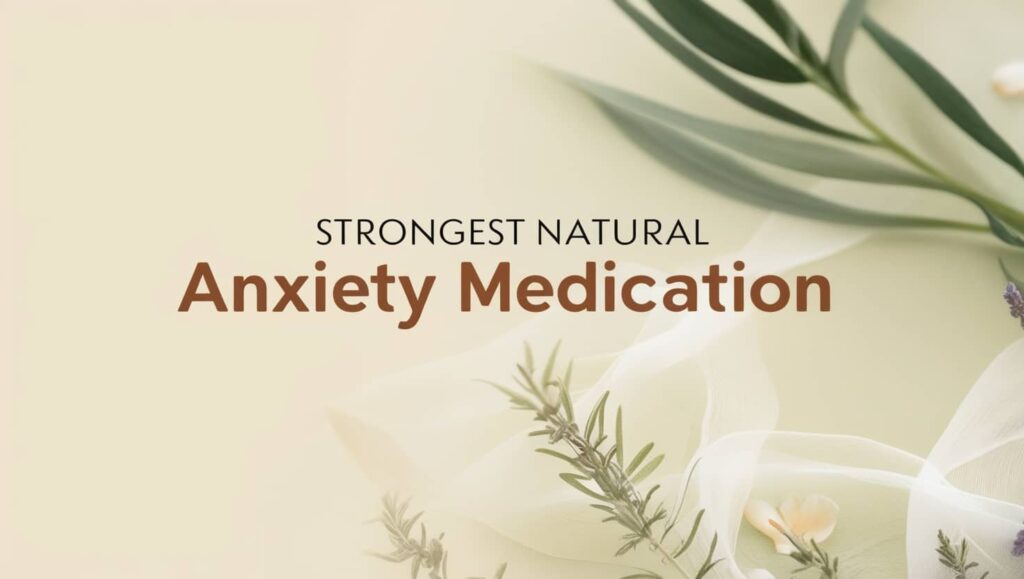Lavender is a plant with a wonderful scent that is appreciated by a large percentage of people, and it is widely used in cosmetics and hygiene products.
Its name is derived from the Latin root “lavare”, meaning washing, due to its use in hygiene purposes on both the physical and spiritual levels.
In addition to all of this, the Medicinal Uses of Lavender give it greater importance, as many studies have found that it helps with restful sleep, reduces the feeling of fatigue, treats depression, and has soothing and analgesic properties.
Lavender’s Role in Stress Relief and Relaxation
Medicinal Uses of Lavender include reducing stress and promoting relaxation.
This is due to its distinctive scent that affects the limbic system in the brain, which improves emotional responses and improves mood.
In addition, lavender contains linalool, which has calming properties, slows down a racing heartbeat, improves sleep quality, and reduces stress once inhaled.
Using lavender to relieve stress:
Aromatherapy: It is used to relieve stress by inhaling lavender essential oil directly through diffusion or applying it diluted on the skin.
Active compound: Linalool, found in lavender oil, is the main contributor to its calming effects.
Mechanism of action: When inhaled, the scent of lavender sends signals to the olfactory system, which sends messages to the limbic system in the brain, affecting the release of calming neurotransmitters.
Potential benefits:
- Improving sleep quality.
- Reducing heart rate.
- Stabilizing mood.
- Anti-anxiety.
- Mood stabilizer.
- Sedative and pain reliever.
- Anticonvulsant.
- Anti Nervousness. (PubMed, n.d.)
Benefits of Lavender Oil for Skin and Hair
Lavender oil has many benefits for the skin and hair, as it treats acne, promotes hair growth, and soothes inflammation.
Here are the benefits of lavender oil for hair and skin in detail:
- Anti-inflammatory: Lavender acts as an anti-inflammatory and soothes irritation, redness, and itching
- Antibacterial and antiseptic: Therefore, it is suitable for disinfecting acne, minor wounds, scratches, and insect bites and gives skin a soothing effect.
- Non-comedogenic: Lavender oil does not clog pores
- Moisturizer: Helps restore the skin’s moisture barrier
- Anti-aging: Prevents wrinkles, fine lines, and dark spots
- Promotes hair growth: Stimulates hair growth, strengthens hair follicles, and reduces hair loss.
- Supports scalp health: Reduces dandruff, treats lice, and improves blood circulation.
- Prevents hair loss: It protects the scalp from dirt and bacteria. (PubMed, n.d.)
Lavender oil can be applied topically or inhaled through aromatherapy.
Due to the high concentration of lavender oil, it is recommended to dilute it with cold-pressed oils before applying it to the skin.
Therapeutic Uses in Traditional Medicine
The traditional medicinal uses of lavender have been known since ancient times, and it is available in many forms, including aromatherapy oil, bath gels, extracts, infusions, lotions, soaps, teas, and tinctures.
Lavender is used in many therapeutic ways, including:
Pain Treatment
- Lavender oil helps treat headaches, toothaches, sprains, and nerve pain.
- Lavender is used in therapeutic baths to treat muscle and joint pain.
- Lavender oil helps treat pain after surgery.
Anxiety and Sleep
- Lavender helps treat anxiety, insomnia, and restlessness.
- Lavender is used in aromatherapy to treat insomnia and pain.
- Lavender helps treat the emotions associated with dementia.
Skin and hair
- Lavender oil can help treat skin conditions such as eczema, acne, and fungal infections.
- Lavender is used to treat hair loss
Digestive problems
- Lavender helps treat digestive complaints such as abdominal swelling, loss of appetite, vomiting, nausea, and upset stomach
Other uses
- Lavender is used to repel mosquitoes and other insects.
- Lavender is added to bath water to improve mental health.
- Lavender is used as a flavoring ingredient in foods and beverages
References
- PubMed. (n.d.). Retrieved from Lavender and the Nervous System
- PubMed. (n.d.). Retrieved from The Effects of Lavender Essential Oil and its Clinical Implications in Dentistry: A Review


